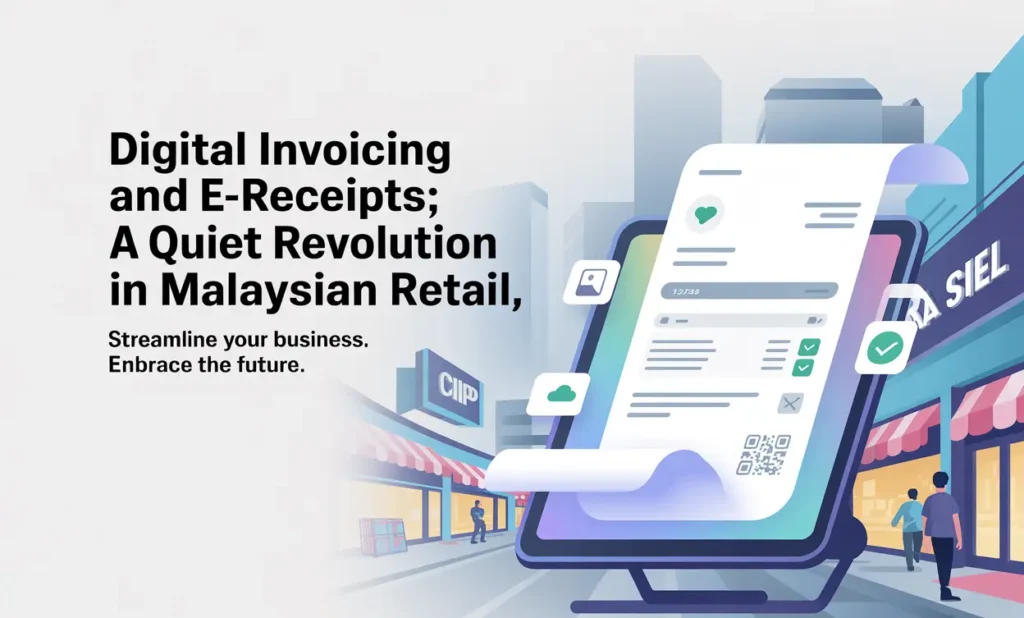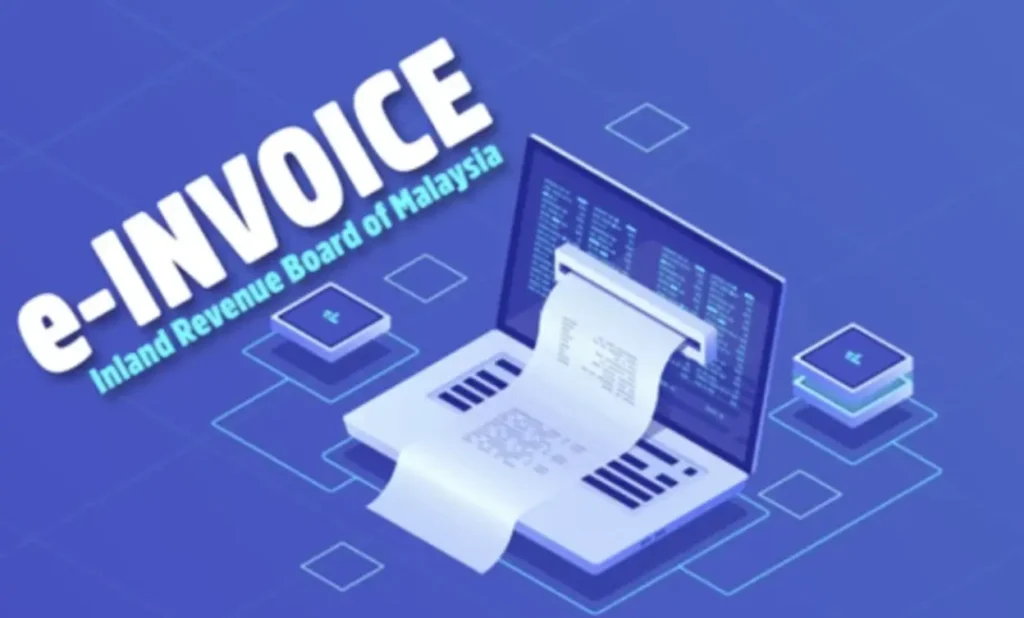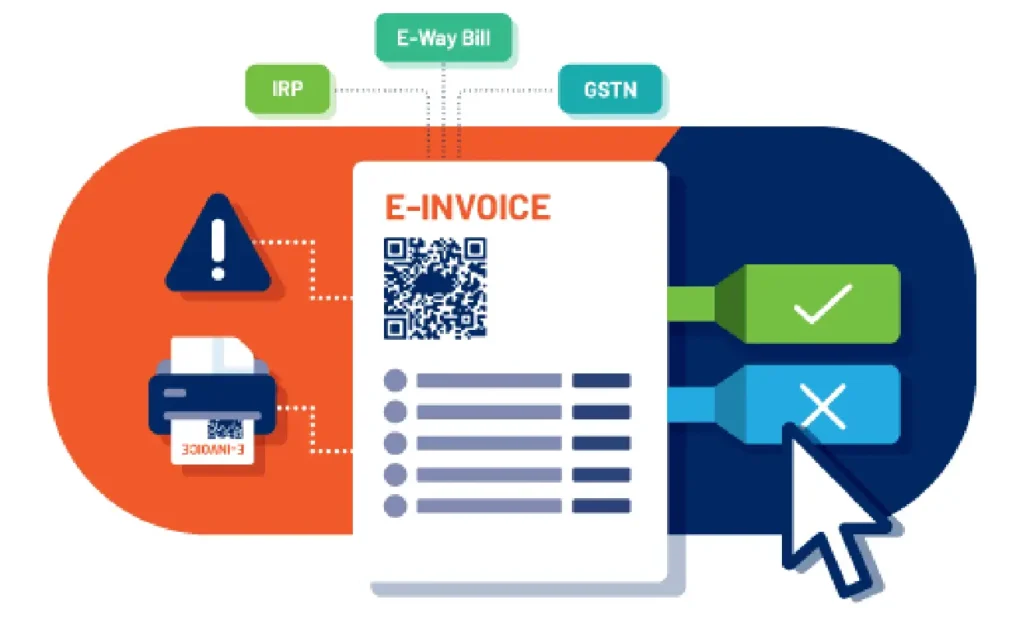
The Malaysian retail sector is undergoing a profound digital transformation, led by the rapid adoption of digital invoicing and e-receipts. These technological innovations are reshaping the way businesses manage transactions, providing enhanced efficiency, accuracy, and customer satisfaction. As Malaysia strides towards a cashless society, the integration of these digital tools is proving indispensable.
The Rise of Digital Invoicing in Malaysia

Digital invoicing, often referred to as e-invoicing, has become a cornerstone of modern retail operations. By replacing traditional paper-based invoices, retailers can now generate, send, and store invoices electronically. This shift has dramatically reduced manual errors, processing delays, and operational costs.
Malaysian businesses are recognizing the value of automated invoicing systems that streamline their accounting processes. These systems facilitate real-time tracking, improve cash flow management, and ensure compliance with tax regulations set forth by the Malaysian government. The adoption of e-invoicing solutions such as MyInvois by LHDN underscores the nation’s commitment to digital economic growth.
E-Receipts: Enhancing Customer Experience

E-receipts are not merely a digital replica of paper receipts; they are a powerful customer engagement tool. Retailers in Malaysia are increasingly offering e-receipts to provide instantaneous proof of purchase, reduce paper waste, and enhance data security.
Through e-receipts, businesses gain access to valuable consumer data, enabling them to personalize marketing strategies and foster customer loyalty. Customers, in turn, enjoy the convenience of easily retrievable receipts via email or mobile apps, facilitating returns, exchanges, and warranty claims without the hassle of paper documentation.
Key Benefits of Digital Invoicing and E-Receipts

The digital transition offers numerous benefits to both retailers and consumers:
- Cost Efficiency: Eliminating paper, printing, and storage expenses.
- Environmental Sustainability: Significant reduction in paper usage, supporting green initiatives.
- Accuracy and Compliance: Minimizing human error and ensuring regulatory adherence.
- Faster Processing: Accelerated invoicing and payment cycles.
- Enhanced Security: Secure, encrypted storage of sensitive transaction data.
- Improved Customer Satisfaction: Seamless access to receipts and transparent transaction records.
Regulatory Landscape and Government Initiatives

The Malaysian government has been instrumental in promoting digital invoicing and e-receipts through various initiatives. The Lembaga Hasil Dalam Negeri Malaysia (LHDN) mandates digital compliance for tax reporting, driving businesses to adopt e-invoicing frameworks. Furthermore, incentives for digital transformation under the Malaysia Digital Economy Blueprint (MyDIGITAL) aim to strengthen the nation’s digital infrastructure and enhance business competitiveness.
Technology Providers and Solutions in Malaysia
A host of technology providers have emerged to support Malaysia’s retail sector in implementing digital invoicing and e-receipt solutions. Notable players include:
- StoreHub: Offering integrated POS systems with built-in e-invoicing.
- Xero: A popular cloud-based accounting software with e-invoicing capabilities.
- SQL Account: Tailored for local SMEs, ensuring compliance with Malaysian tax laws.
- AutoCount: Providing comprehensive business solutions, including digital billing.
These platforms ensure seamless integration, user-friendly interfaces, and compliance with local regulations, making the digital shift more accessible to businesses of all sizes.
Challenges in Adoption and How to Overcome Them

Despite the clear advantages, some retailers face challenges in adopting digital invoicing and e-receipts:
- Technological Barriers: Smaller businesses may lack the necessary IT infrastructure.
- Cost Concerns: Initial investment in digital systems can be prohibitive.
- Staff Training: Adequate training is required to ensure smooth implementation.
- Consumer Awareness: Some customers are still unfamiliar with digital receipt systems.
To overcome these hurdles, businesses should leverage government grants, collaborate with technology partners, and invest in continuous staff training. Moreover, effective customer education campaigns can enhance acceptance and satisfaction.
Future Outlook: The Digital Retail Ecosystem
The future of Malaysian retail is undoubtedly digital-first. With the ongoing push towards a cashless society, the integration of AI-powered analytics, blockchain for secure transactions, and IoT-enabled devices will further transform the landscape. Digital invoicing and e-receipts will evolve from basic tools into sophisticated components of a fully integrated digital ecosystem, driving efficiency, transparency, and sustainability.
Retailers who embrace this transformation early will be well-positioned to gain a competitive edge, meet rising consumer expectations, and contribute to Malaysia’s vision of a digitally empowered economy.
